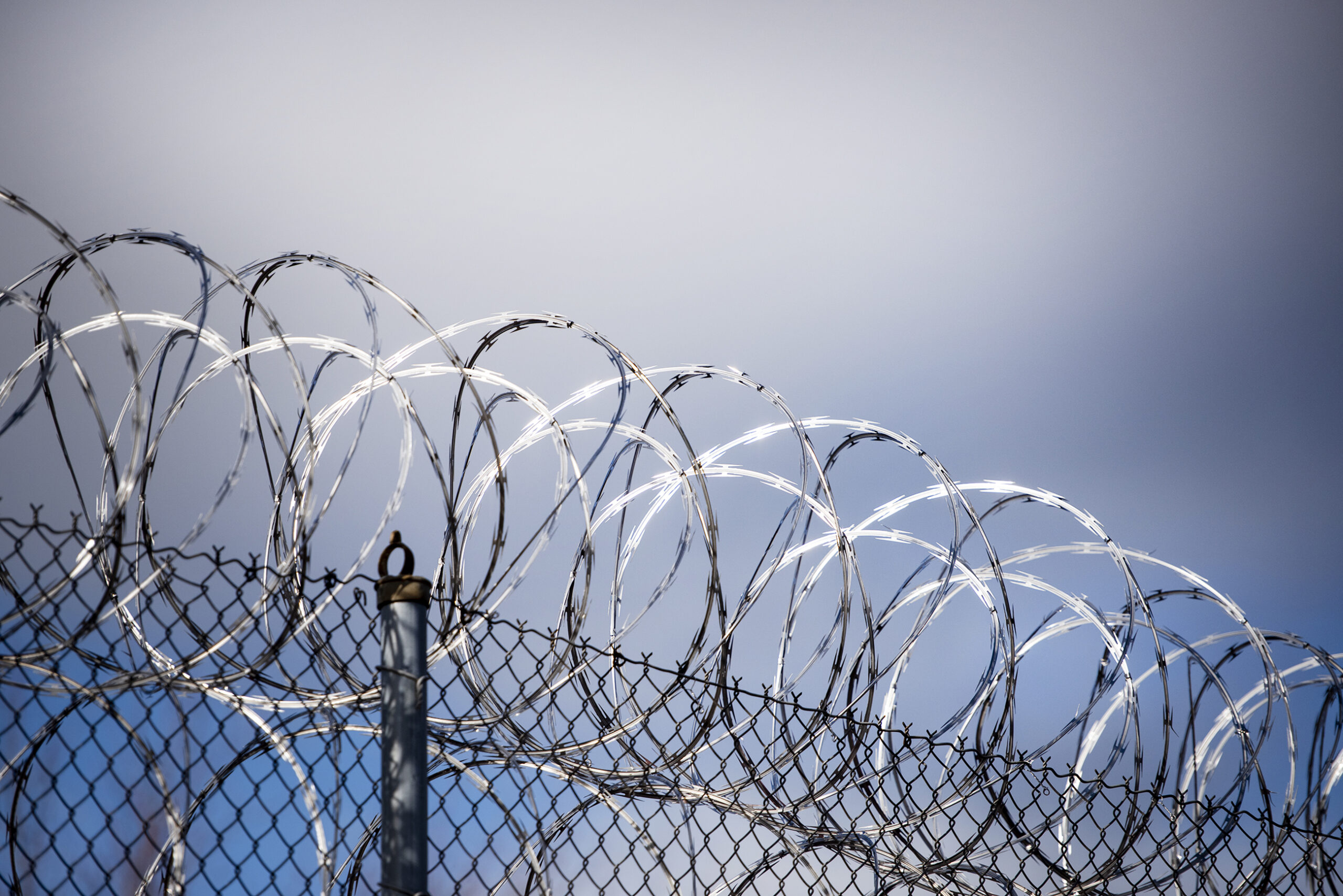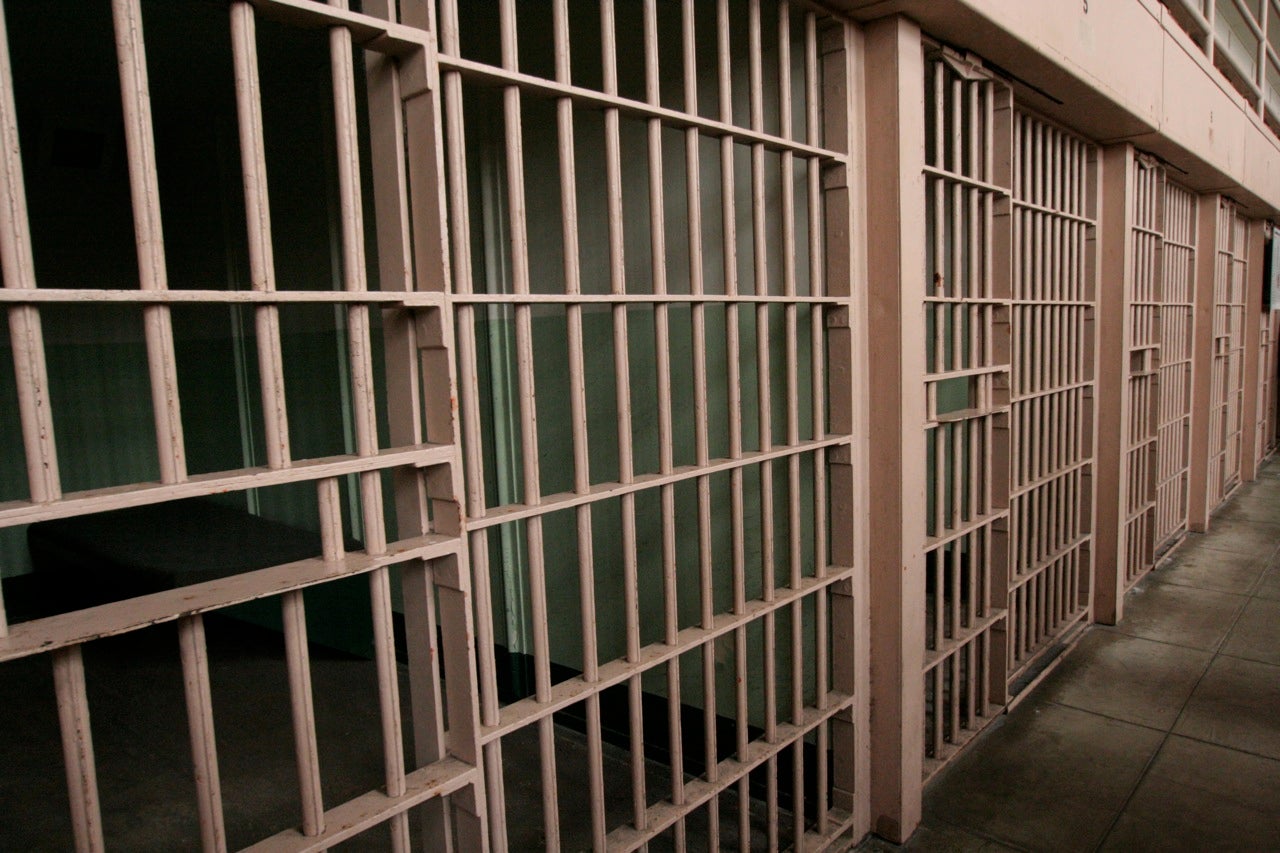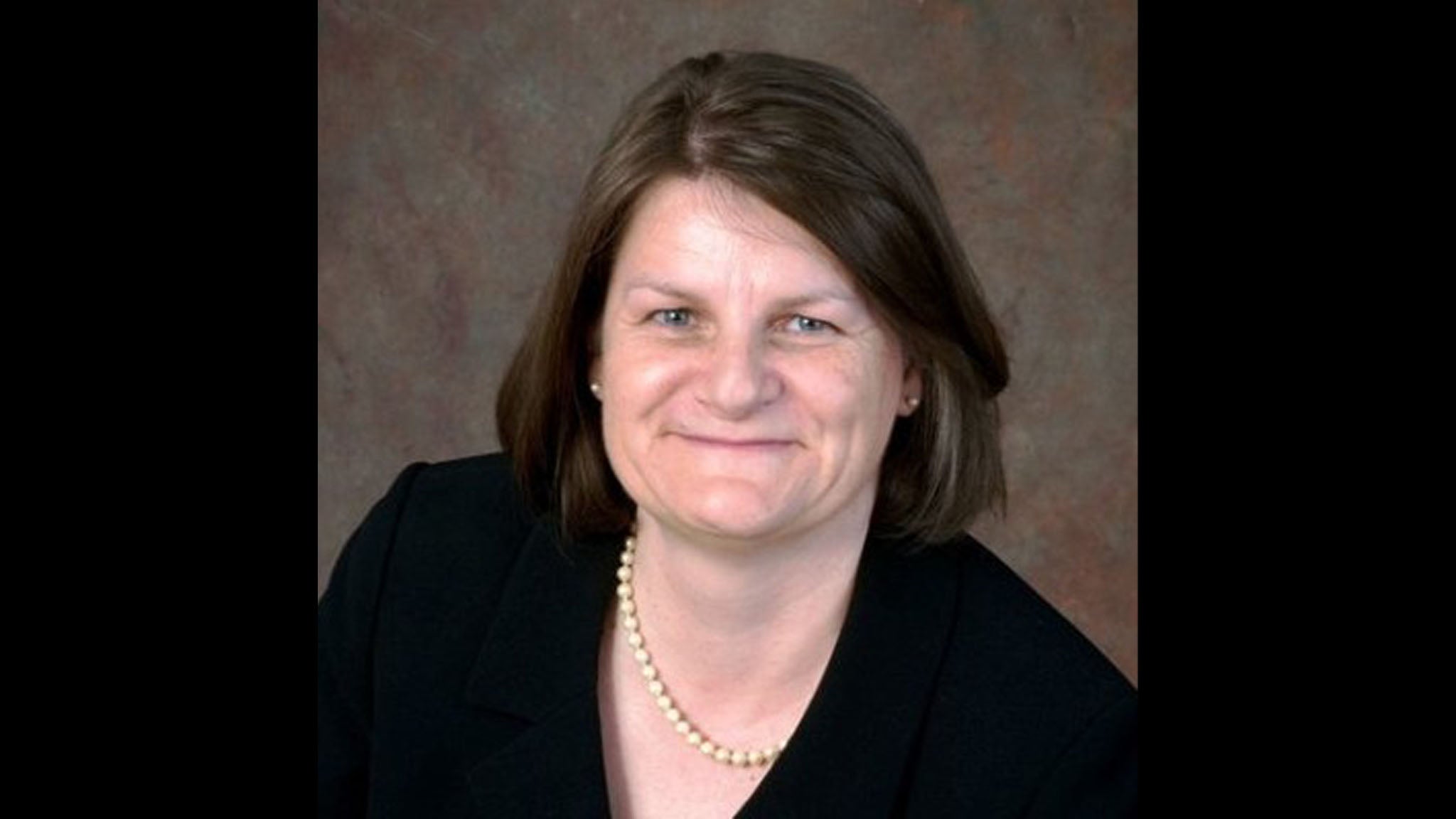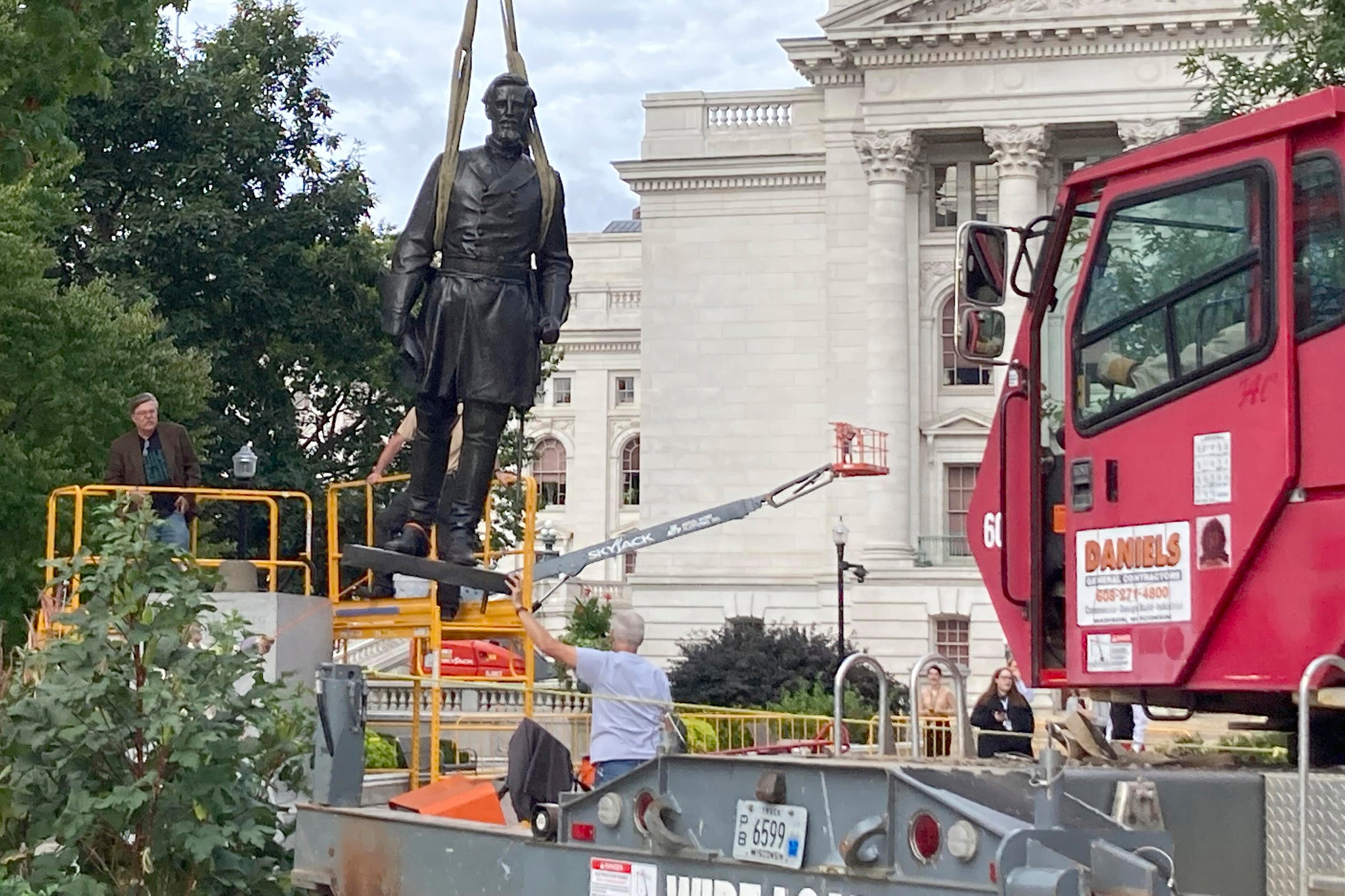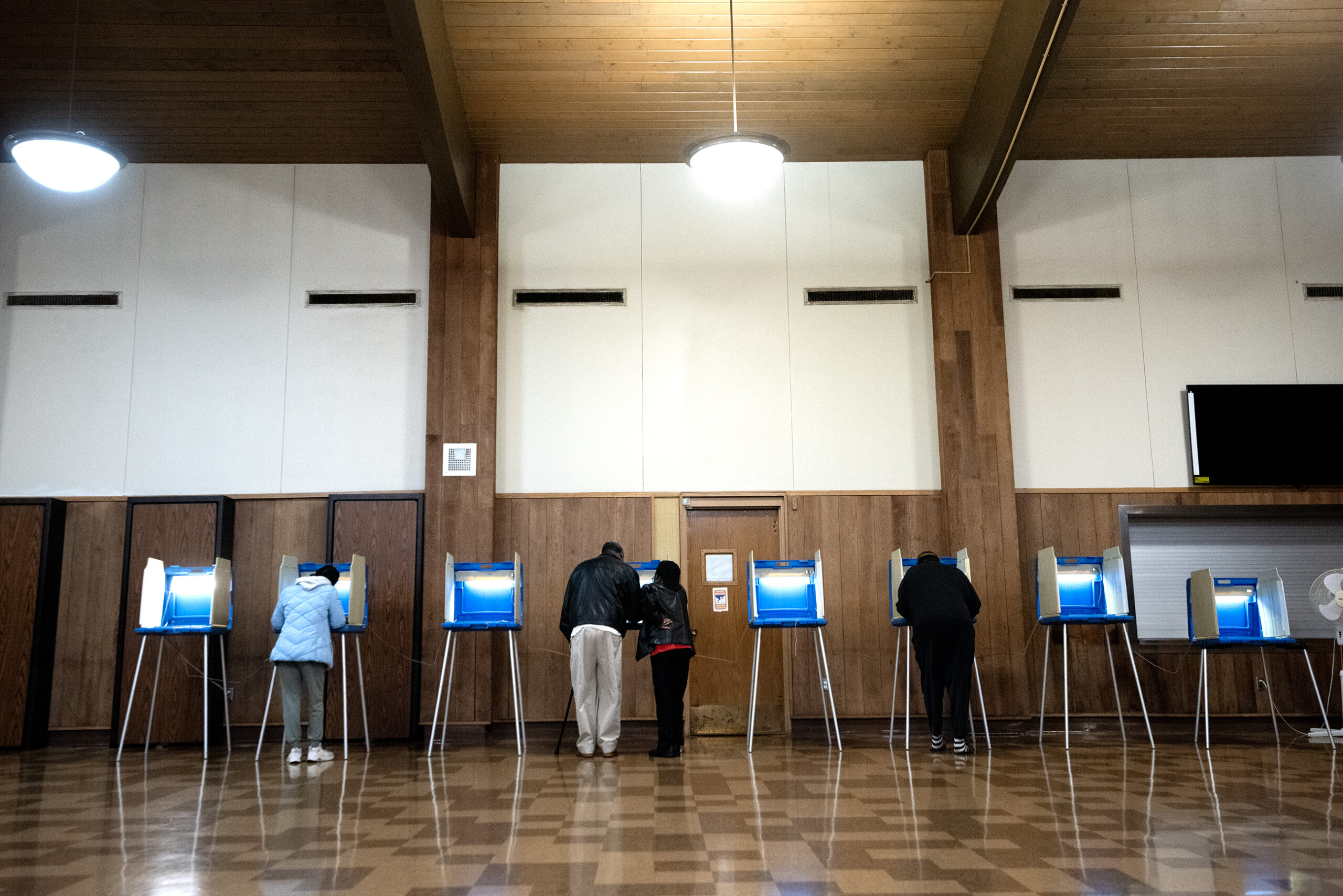A new Republican-backed proposal would put more voting restrictions on people who have been convicted of felonies in Wisconsin.
Under current law, people who have been convicted of felonies in Wisconsin are not allowed to vote until they complete their term of imprisonment, as well as any court-mandated periods of probation or parole. Under the new proposal, those people would also be barred from voting until they have completed any required community service hours and finished paying off any financial penalties imposed as part of their sentence, including fines and victim restitution.
Rep. Shae Sortwell, R-Two Rivers, one of the bill’s sponsors, said the plan is not intended to create more barriers to voting in Wisconsin.
News with a little more humanity
WPR’s “Wisconsin Today” newsletter keeps you connected to the state you love without feeling overwhelmed. No paywall. No agenda. No corporate filter.
“We’re not making it more difficult to vote. We’re making sure justice is fulfilled here,” he said.
Sen. Duey Stroebel, R-Saukville, another sponsor, argued it’s appropriate to restrict certain rights until all terms of an individual’s criminal sentence have been met.
“I believe the restoration of one’s right to vote should be contingent on all debts to society being paid,” Stroebel said in a prepared statement.
However, opponents of the plan equate it to a “poll tax” — a harmful obstacle that prevents people from exercising their constitutional right to vote.
“We shouldn’t be conditioning the ability to vote on the ability to pay, or on wealth,” said Larry Dupuis, legal director for the American Civil Liberties Union of Wisconsin. “It is wrongheaded in so many ways.”
Dupuis argued the proposal would fall more heavily on members of minority communities, because of Wisconsin’s strong racial disparities in incarceration. According to a 2021 report based on U.S. Census and U.S. Bureau of Justice Statistics data, Wisconsin incarcerates more Black people than any other state in the country.
“That’s just contrary to basic principles of equality and treating people equally in that most fundamental right of citizenship, which is voting,” Dupuis said.
He also pointed out that people convicted of felonies often face economic hardship after completing their terms of incarceration, in part because it is difficult to find employment and housing with a felony on their criminal record.
“That really complicates getting work and being able to pay for the costs of daily living, let alone making a dent in these fines and fees,” he said. “(The proposal) could really extend the time after they’ve ‘done their time’ in which they’re being treated as less than full participants in society.”
The GOP-backed plan mirrors a Florida law passed in 2018, which has been challenged and upheld in court. The U.S. Supreme Court declined to rule on the case in 2020.
For more than a decade, Wisconsin Democrats have pushed for a plan that would allow people convicted of felonies to vote as soon as they complete their prison sentence, while they are still serving any terms of probation or parole and paying off any fines or fees.
According to the National Council of State Legislatures, 21 states restore voting rights to people convicted of felonies immediately upon their release and Maine, Vermont and the District of Columbia allow them to vote while serving their sentence. In 11 states, some convicted felons lose their voting rights indefinitely.
The new GOP-backed proposal is still being circulated for co-sponsorship among lawmakers at the Capitol.
Wisconsin Public Radio, © Copyright 2026, Board of Regents of the University of Wisconsin System and Wisconsin Educational Communications Board.

